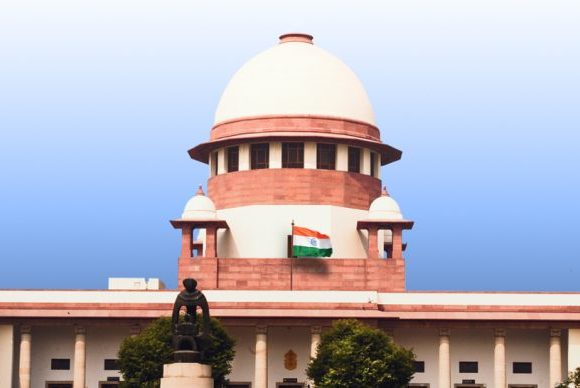
Law Students Cannot Be Barred From Exams Over Attendance
The Delhi High Court on Monday ruled that students enrolled in law degrees cannot be denied the right to sit for semester exams or to advance academically solely because they fall short of minimum attendance requirements. The Division Bench of Justices Prathiba M. Singh and Amit Sharma emphasised that no law college or university may impose attendance norms stricter than those prescribed by the Bar Council of India (BCI).
What Institutions Must Do
The Court directed institutions to notify students and their parents when attendance falls short, offer additional classes online or offline, and ensure grading penalties — if any — remain modest: no more than a 5 % reduction in marks or 0.33 % in CGPA systems due to low attendance. The ruling also mandates that collegiate grievance redressal committees include a majority of student members and that institutions engage counsellors and psychologists to support student welfare.
Implications for Legal Education
This judgment stems from a suo motu case triggered by the tragic suicide of a law student who was reportedly disadvantaged by strict attendance rules. The ruling links attendance norms with broader concerns of mental health and holistic learning, reflecting the ethos of the National Education Policy 2020 which promotes flexibility in education. Legal colleges must now align with these directions while the BCI reviews and reforms its affiliation rules for three-year and five-year law courses.


















